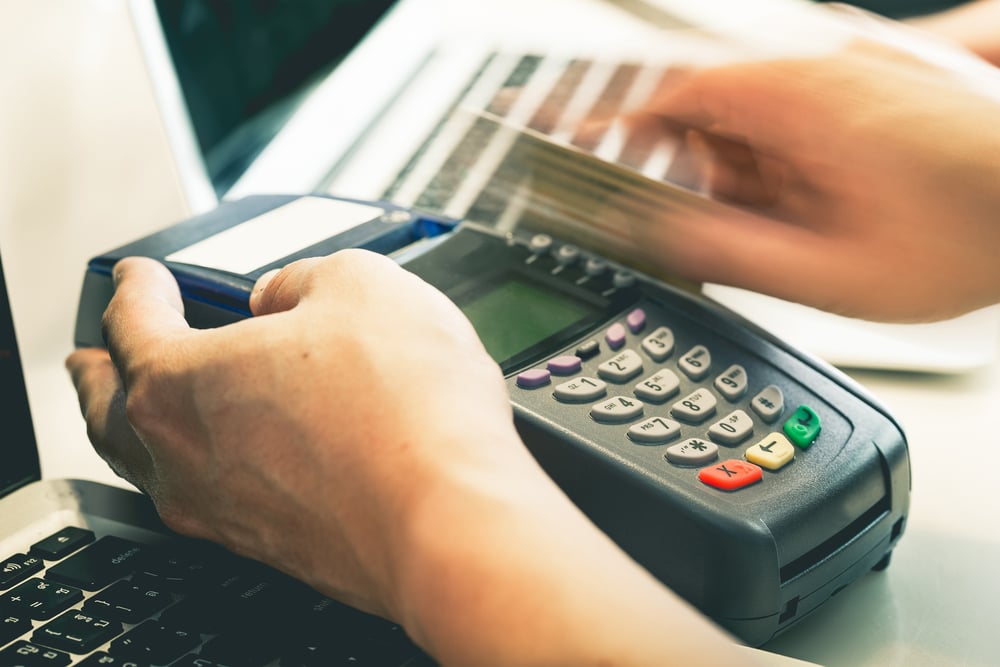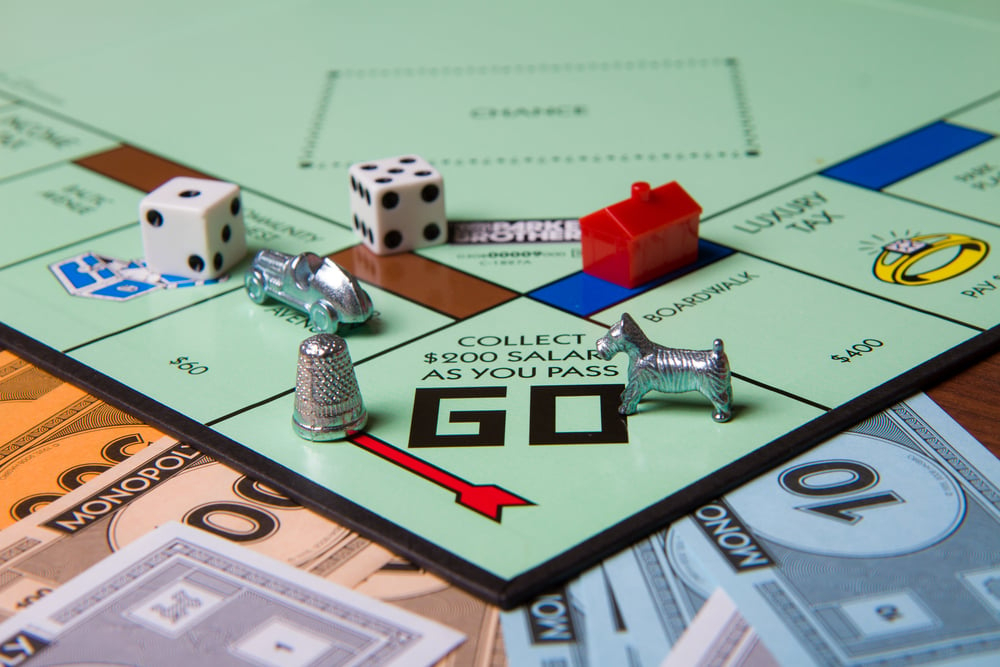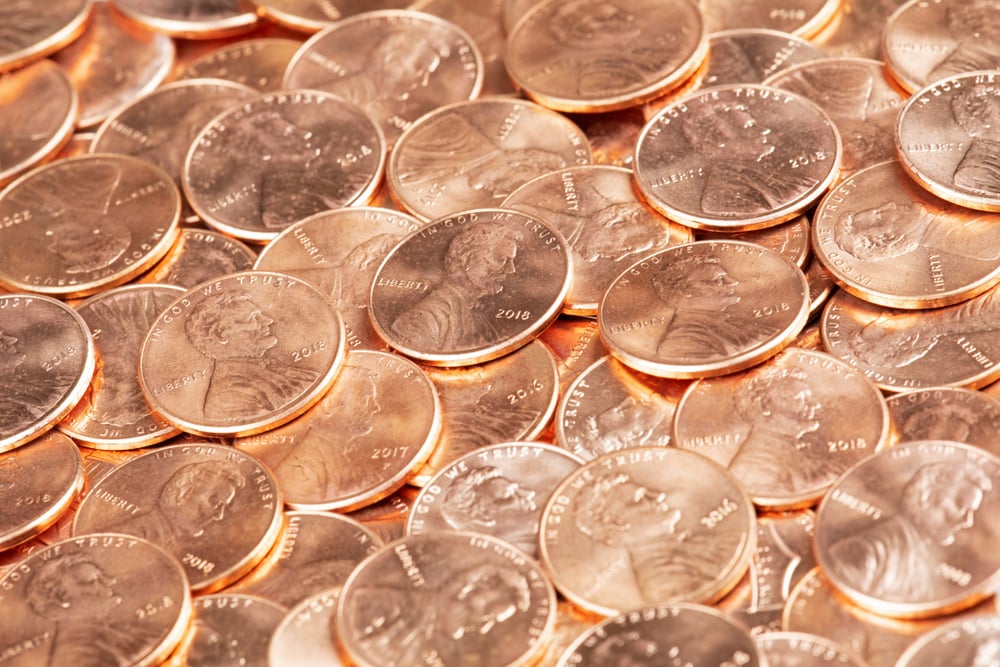Today only 8% of transactions are conducted using cash. The remainder is done through digital means. This won’t come as a surprise as the bills you pay and most purchases you make are likely through an online bank or card payment. Cash is becoming less and less important. While this 8% will only continue to decrease, what does it mean for the intrinsic value of money?
In countries like New Zealand where card payments are even more popular, 98% of transactions are carried out using electronic or card payment. Cash is becoming extinct. Today the main reasons we need cash are when we want to split a pizza with friends and everyone has to chip in $10. However, applications are solving this problem too. Soon cash will be a nuisance in every regard.
However, if cash is only contributing 8% of our spending what is in the bank vaults? The reality is that there is not a lot in there. The majority of banking today is based on the changing of numbers from one account to another. In the past currencies used to be based on a gold standard. This meant that the value of a currency used to be based on some gold reserves. Today that is not the case. Today most currencies are based on fiat money.
Fiat money means there is no reserve that creates the wealth, the value of a currency is decided by a government. Fiat means “it shall be” in Latin. Many describe this as a faith-based currency. That we must simply trust our government.
However, if everyone went to the bank and took out their savings at the same time, there would not be enough money there. This is why large transactions can take a couple of days to process, the bank doesn’t actually have the money. Most banks will keep around 10% or less of the total amount they technically “have” in the bank.
This means a number of things for the average consumer. One, don’t become a bank robber. Two, don’t decide to put your money under the mattress, it is still best kept in a bank account. Three, keep an eye on cryptocurrencies because there may be an alternative to your mattress in the future.





